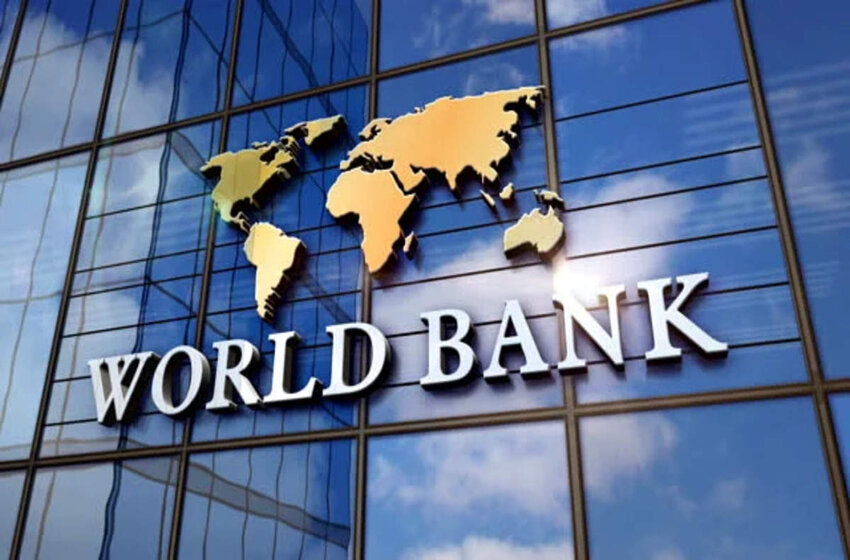
World Bank Forecast Lowers Pakistan’s Economic Growth Rate By 4.3%
- Business Finance
 Andrey Ivanov
Andrey Ivanov- April 19, 2022
- 0
- 5 minutes read
As per the latest World Bank Forecast, the World Bank has slashed the economic growth rate forecast of Pakistan for the present fiscal year to 4.3% which is down by nearly one percent in comparison to the previous year. It further stated that the last ditch energy subsidies by the outgoing governing body put an added burden on the budget and threaten the IMF (International Monetary Fund) program. With that let us have a look at the World Economic Outlook 2022.
World Bank Forecast Cuts The Growth Rate Of Pakistan
Releasing its new ‘South Asia Economic Focus Reshaping Norms: A New Way Forward’ the Chief Economist for the South Asian Region of the World Bank stated that Pakistan has before followed its agreement with IMF for removing tax exemptions and raising the taxations of fuels.
However, increasing energy prices domestically and hurdles from political opposition forced the government to provide electricity and fuel price relief in February this year. While these steps can help in reducing fluctuations in domestic charges, they also create a direct burden or hidden liability on the budget of the government, which could raise fiscal vulnerabilities going forward, Timmer was quoted as saying in a news report on Thursday. As per the World Bank GDP Forecast 2025, the GDP growth is anticipated to slow to 4.3 pc in FY22 (against 5.6pc the previous year) and to 4pc in FY23, he stated. In January, Pakistan’s GDP growth was put at 5.2% which has since been altered. As per the World Bank Forecast,
"This comes amid monetary tightening measures that began in September 2021, high base effects from the previous year, and continued high inflation eroding real private consumption growth.”
However as per the World Bank Forecast, economic growth is anticipated to recover to 4.2% in FY24, supported by the enactment of structural reforms to support macroeconomic stability and dissipate global inflationary stress, the World Bank noted in its report of ‘the latest South Asia Economic Focus Reshaping Norms: A New Way Forward’.
The report noted that nations in South Asia are already grappling with increasing commodity prices, vulnerabilities, and supply bottlenecks in financial sectors. The war in Ukraine will escalate these challenges, further contributing to inflation, rising fiscal deficits, and also deteriorating present account balances. According to Hartwig Schafer, World Bank Vice President for South Asia on the World Bank Forecast,
“South Asia has faced multiple shocks in the past two years, including the scarring effects of the COVID-19 pandemic. High oil and food prices caused by the war in Ukraine will have a strong negative impact on peoples’ real incomes.”
He further added that,
“Given these challenges, governments need to carefully plan monetary and fiscal policies to counter external shocks and protect the vulnerable, while laying the foundation for green, resilient and inclusive growth.”
Conclusion
Stating the added burden on the budget that has been put by the previous ditch energy subsidies by the prevailing Imran Khan government, the World Bank on their World Bank Forecast reduced the economic growth rate forecast of Pakistan for the present fiscal year by near one percent in comparison to the previous year, citing several IMF program reasons behind it.

